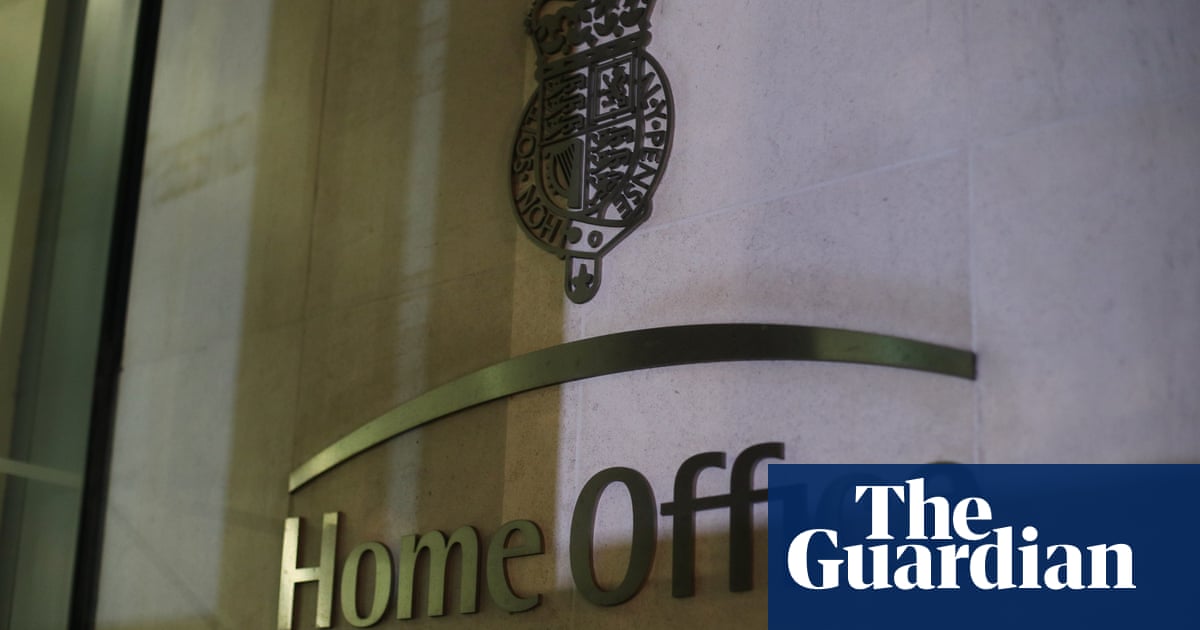
In 2014, a BBC Panorama documentary revealed widespread, well-organised cheating in the English language tests that international students were required to take in the UK if they wanted to change their course or renew their visa. As a result of these allegations the Home Office revoked the visas of about 35,000 students. Most were thrown off their courses; 2,500 students were deported and 7,200 left the country after being warned that they faced arrest and detention if they stayed. Thousands of students have spent years protesting their innocence.
Were students cheating?
There was clear evidence that many students had paid money to people working at some test centres to ensure they passed the test; at least 21 people have received prison sentences for helping candidates cheat at the test centres. But over the past decade it has emerged that thousands were wrongly accused. The Home Office has itself been accused of rushing to penalise a whole cohort of international students.
What went wrong?
The Home Office website gave students details of four approved test providers where they could sit a test to prove they had a high enough level of English to be able to study in the UK. Panorama exposed cheating in two centres run by a UK subsidiary of the US-based company Educational Testing Service (ETS). The Home Office asked ETS to investigate. After reviewing recordings of the spoken part of the test, ETS found that of about 58,000 people who sat the Test of English for International Communication (Toeic) between 2011 and 2014, 58% had used deception, and their visas were cancelled. Another 39% of tests were questionable, and those students were later asked to resit the test. ETS said only 2,200 students who took its tests during that period had definitely not cheated.
Could 97% of students who sat a test run by a Home Office-approved company all have been cheating?
Campaigners acknowledge there was deception but say it is implausible that such a high proportion of students could have been involved. Some of those who have tried to clear their names were educated in English-medium schools and said they had no reason to pay someone to ensure they passed a relatively basic language test.
How were students affected?
Thousands of students were unable to complete their courses, wasting thousands of pounds of fees. Many say relations with their parents were catastrophically damaged because family members struggled to believe that the highly respected British judicial system could have made such an error. Others say an outstanding accusation of deception from the UK government has made it difficult to get visas to study elsewhere. Despite the seriousness of the allegation, students were initially given no right of appeal in the UK; it proved almost impossible for wrongly deported students to challenge the Home Office’s decision from abroad.
Why is this still a problem?
A decade after the Panorama broadcast, immigration tribunals are still dealing with attempts by former students to get the allegation reversed. About 3,600 accused students have won immigration appeals, although there are no records of whether these judgments indicate that they were found innocent of cheating or whether they won for other reasons.
What evidence is there of cheating?
Lawyers acting for students have argued that the evidence of cheating provided by ETS is unreliable. Initially, ETS provided no evidence, but after a few years the company released recordings for use in immigration tribunals of students speaking during the oral section of the exams. These voices rarely matched up with the voice of the accused student, lawyers say. The Home Office argues that this is evidence that someone else took the test fraudulently on the student’s behalf. The students’ lawyers argue that the mismatch may indicate that the ETS records are unreliable, or that dishonest people running the test centres may have submitted different recordings for everyone taking the tests, to ensure that students who had paid to pass were successful. Bona fide test-takers would not have seen anything suspicious in the test centres.
What do wrongly accused students want?
The charity Migrant Voice has been working with students since 2017 and says they are hoping for an acknowledgement that they have been wrongly accused, the chance to return to their studies in the UK and to have the allegation of deception lifted from their immigration records.
What does the Home Office say?
“Abuse of our immigration system will not be tolerated and those who do will face the appropriate measures against them. This includes cheating on English language tests.” ETS says it closed its UK subsidiary in response to the allegation and no longer operates English-language tests in the UK. It says its people and practices have changed.












